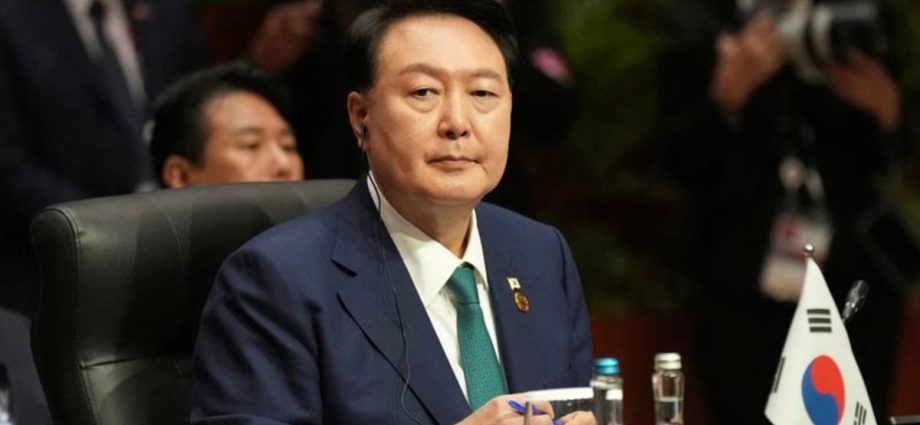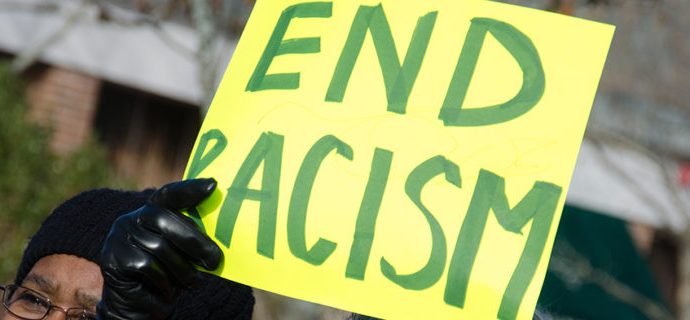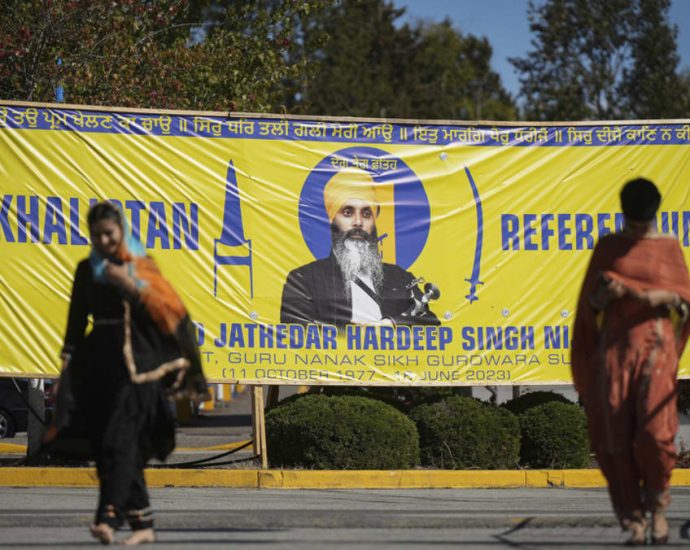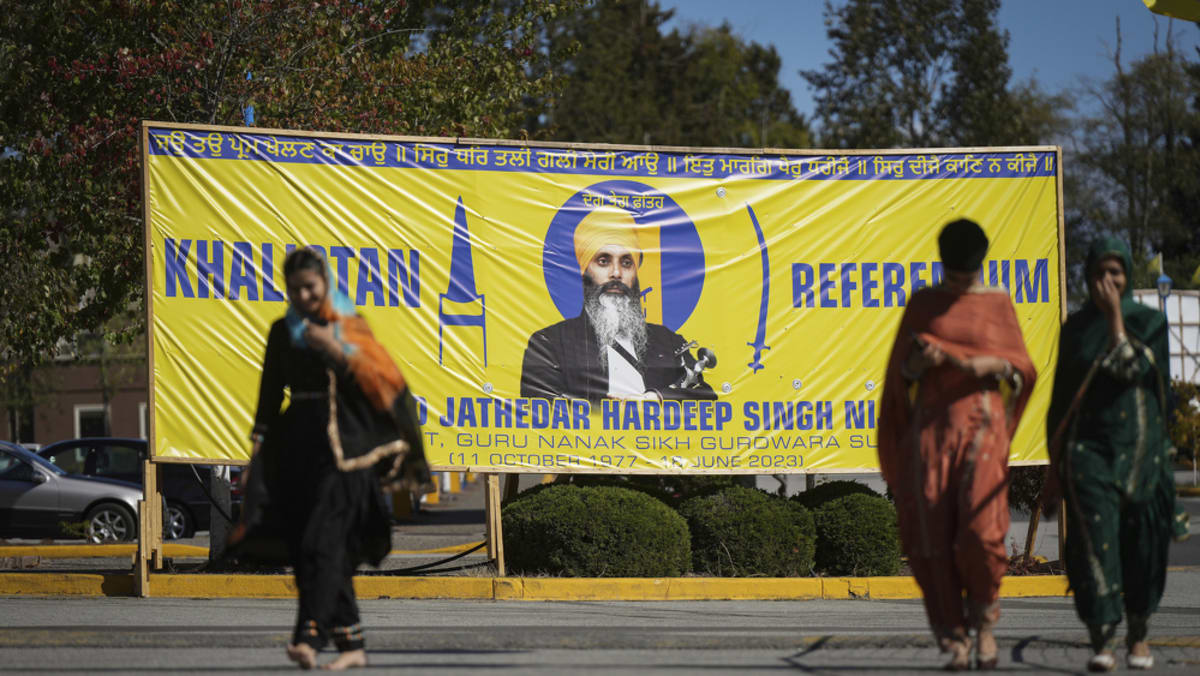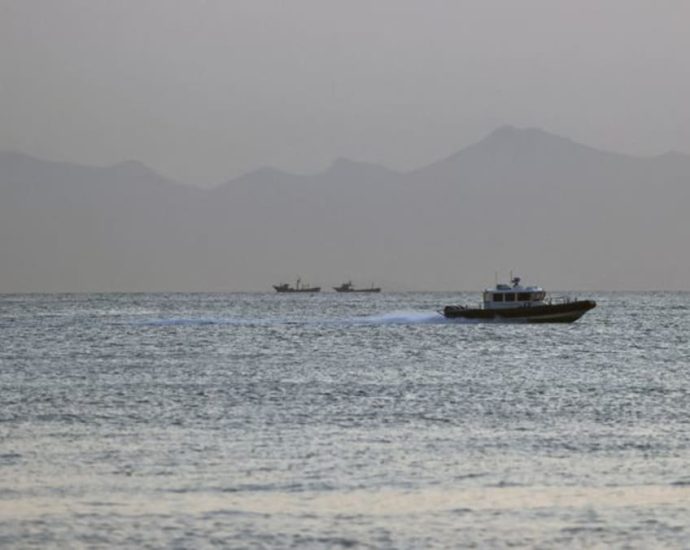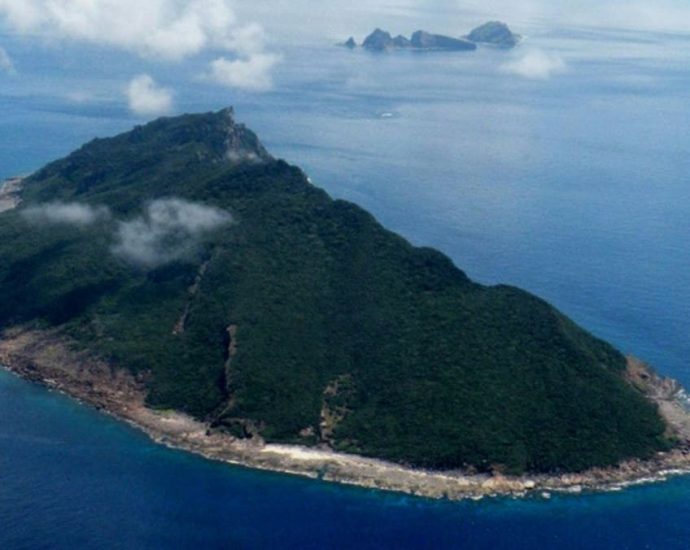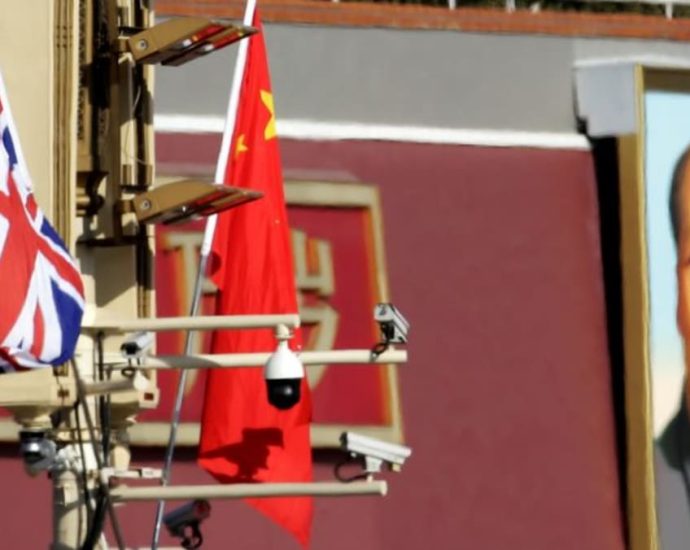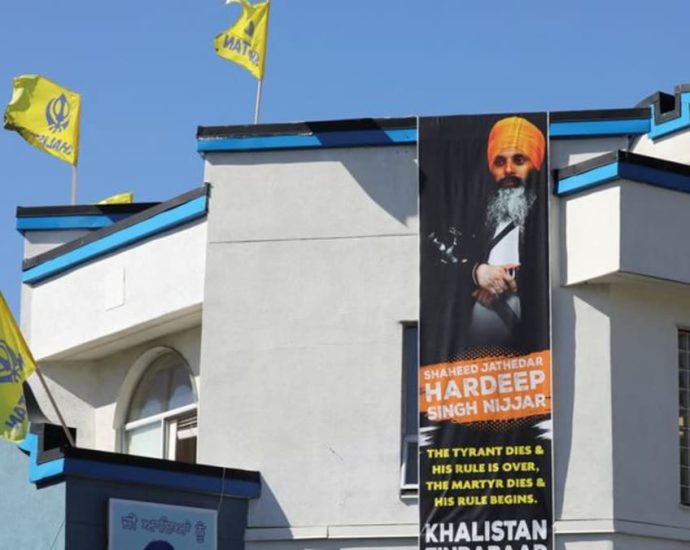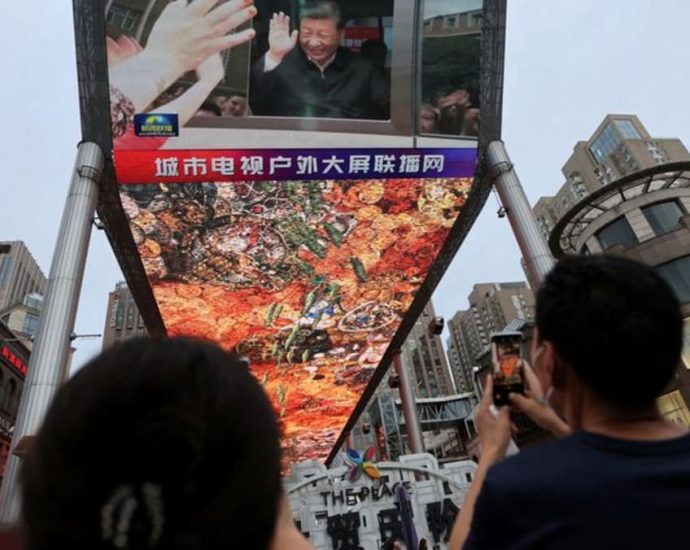South Korea’s Yoon to highlight ‘illicit’ North Korea-Russia military ties at UN
Following the two nations’ unusual summit last week, South Korean President Yoon Suk Yeol intends to emphasize” illegal, dangerous” military interactions between North Korea and Russia at the United Nations on Wednesday( Sep 20 ). After arriving in New York on Monday, Yoon was scheduled to speak to the annualContinue Reading

